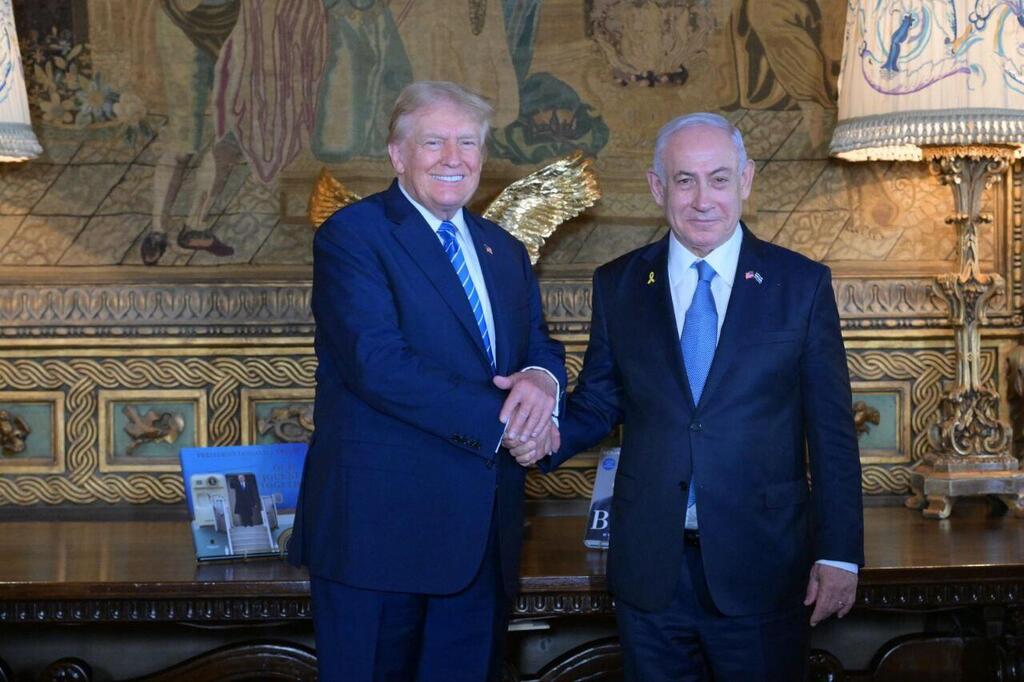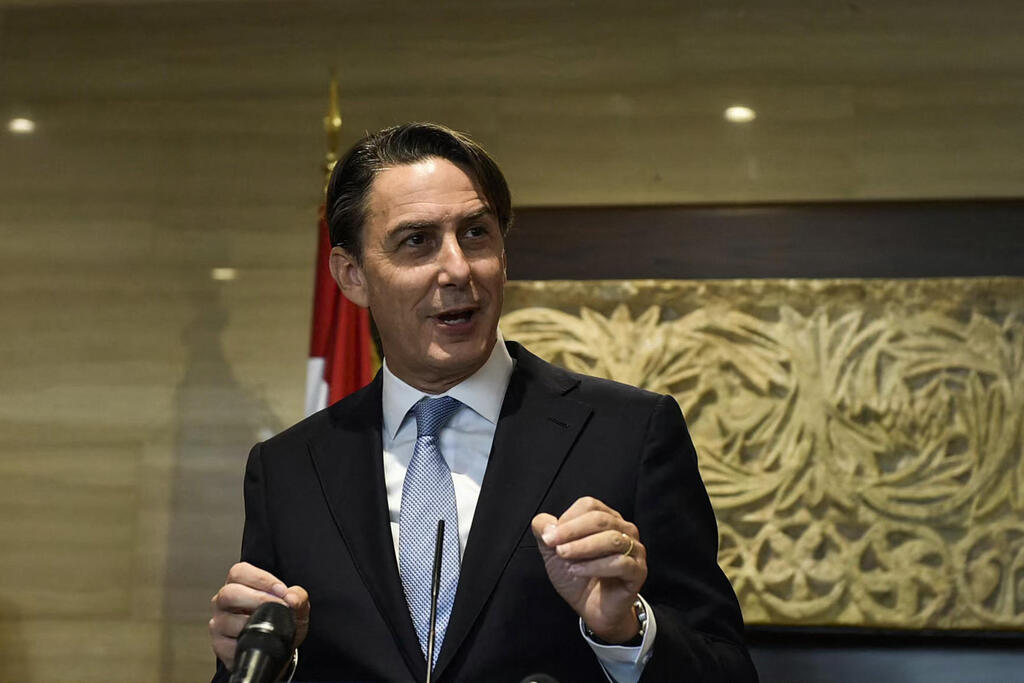Getting your Trinity Audio player ready...
Israel is maneuvering toward a ceasefire agreement with Lebanon, an initiative poised to gift the incoming President Donald Trump with a diplomatic triumph as he takes office. According to reports in the Washington Post on Thursday.
Prime Minister Netanyahu had already set the stage for this "new era" with Washington well before the American presidential elections, maintaining contact with Trump while Strategic Affairs Minister Ron Dermer discussed the matter with Trump's son-in-law, Jared Kushner, an architect of the Abraham Accords.
A former Trump administration official told the paper that Kushner may assume an advisory role should normalization talks between Israel and Saudi Arabia advance, even if he holds no official position in the White House.
Dermer's talks at Mar-a-Lago, Trump's Florida estate, reportedly focused on a ceasefire agreement in Lebanon involving Russian participation. Russian representatives visited Israel last month to deliberate on the plan, and Dermer followed up with a visit to Russia.
From Hezbollah's perspective, a source close to the terror group indicated potential agreement to withdraw its forces north of the Litani River as part of a provisional ceasefire. According to Israeli sources, the Lebanese army would control the border area during the first 60 days of the agreement, supervised by the U.S. and the U.K. However, Hezbollah resists Israel's stipulation, intended to be a "side document" to the agreement, asserting a clear condition: Israel must refrain from operations within Lebanese territory.
An Israeli official said that negotiations with the U.S. were nearing agreement. Central to these talks was a "side document," deemed critical, to be provided by the U.S., that would specify Israel's operational freedom in response to any Lebanese violations.
IDF strike on Beirut's Dahieh quarter
Israel and the U.S. have reached explicit understandings, granting Israel the backing to act in the event of weapons transfers from Syria, Hezbollah rearmament, or attempted attacks. The importance of U.S. agreement is underscored by existing tensions between the nations, with legitimacy and the ability to act being paramount for Israel.
The core elements of the emerging arrangement include Hezbollah's withdrawal north of the Litani River, Lebanese army deployment in southern Lebanon, and preventing weapon transfers from Syria. Concurrently, Israeli representatives, including Dermer, have visited Moscow to enlist Russian pressure on Syrian President Bashar Assad's regime. Israel is already targeting military sites within Syria, reflecting an assessment that Russian President Vladimir Putin has vested interests in safeguarding Assad's regime from potential destabilization due to continued arms transfers.
Despite these efforts, significant doubts linger regarding Lebanon's willingness to accept the arrangement. As one Israeli official noted, understandings with the Americans can be achieved, but ultimately, the Lebanese may reject them. Should this occur, Israel is prepared with alternative operational plans, vowing not to tolerate a prolonged state of attrition warfare and pledging intensified action in Lebanon until an agreement is reached.
An agreement could be reached in the coming weeks. If successful, it would be presented for approval by Israel's political-security cabinet, though it remains undecided whether Knesset approval wouldalso be necessary.
Amos Hochstein, the U.S. special envoy to Lebanon, expressed optimism about a deal being reached but said that there was no Russian involvement from the American perspective, in the discussions between Israel and Moscow. Russia was reportedly willing to provide guarantees to prevent arms smuggling from Syria to Lebanon, but demands that the U.S. remove Russian companies from U.S. blacklists and sanctions.
Get the Ynetnews app on your smartphone:







